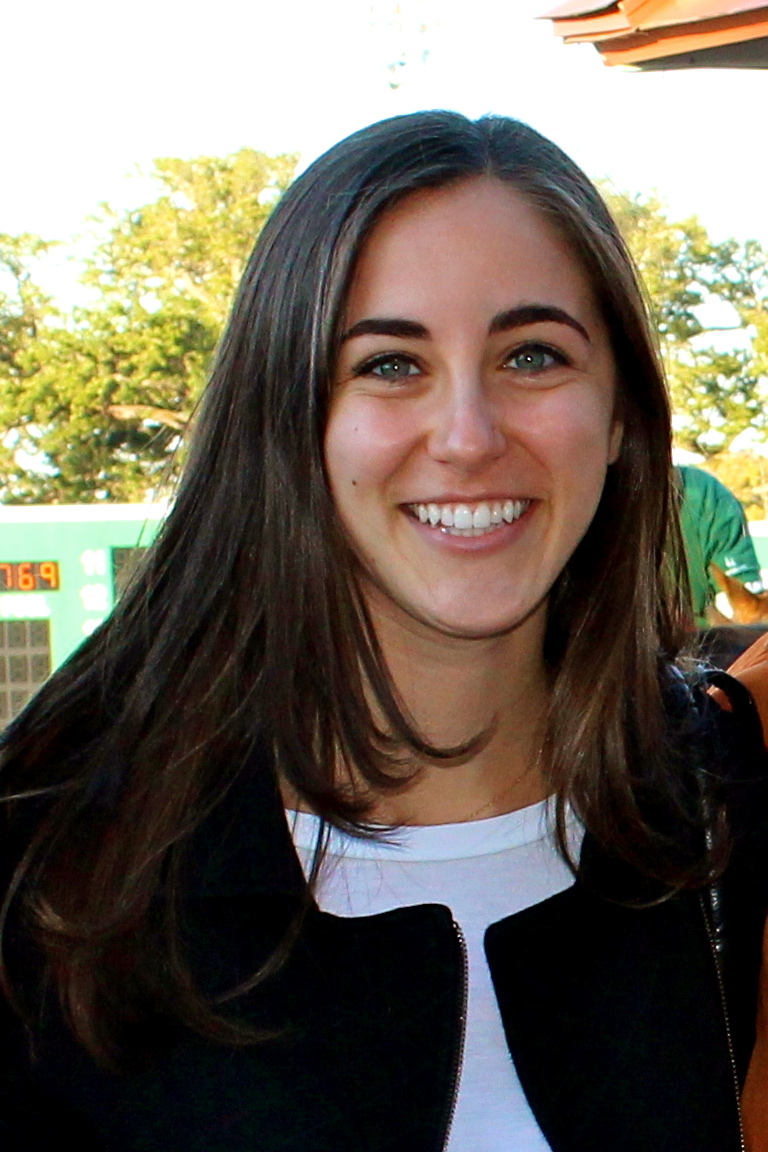 Brette Machiorlette was an honors student in high school, but some of her classmates still had trouble reading. In 2009, she started a project founded on this observation. The project is going into its sixth year now, and Machiorlette has turned it into Reading Aces, a nonprofit literacy program that has grown to span 13 locations in Texas.
Brette Machiorlette was an honors student in high school, but some of her classmates still had trouble reading. In 2009, she started a project founded on this observation. The project is going into its sixth year now, and Machiorlette has turned it into Reading Aces, a nonprofit literacy program that has grown to span 13 locations in Texas.
Reading Aces began as a few volunteers reading out loud to children for 45 minutes a week. Positive responses and awards led to growth, and Machiorlette now heads a team of 200 volunteers across the state, all working to help children develop a love for reading.
Machiorlette is not just a philanthropist, though. She is also a full-time student at the University of Texas, studying marketing at the McCombs School of Business and participating in the Plan II Honors program, an interdisciplinary liberal arts double major.
She is about to start her junior year, and while she has not yet chosen a career path, her experience with Reading Aces was what inspired her to study business, so she has been working to ensure the longevity of the program by appointing site managers, creating new leadership positions, and reaching out to organizations for partnerships. Machiorlette has every intention of seeing it grow beyond Texas; she believes that by reaching kids early on, she can work to shrink the opportunity gap she witnessed in high school.
Here’s her story:
I was in the International Baccalaureate program at my high school, and one of the requirements was to create a personal project. It could’ve been about anything, and I was really influenced by the academic disparities at my public high school.
The gap between the honors students and the regular students was largely caused by the fact that some kids didn’t have sufficient resources or role models to stay on track in school. A lot of kids were just pushed through the public school system because teachers didn’t have the resources to teach effectively. When I was a junior, I actually tutored a few seniors who were struggling to read at an elementary level. I knew many students who had lost motivation by the time they were in high school. They were just trying to get through the system until they were old enough to leave.
My personal project was Reading Aces, founded in 2009 on the idea that if we were to target kids at an early age, we could minimize the gap. Through the program, high school and college volunteers go to low-income elementary schools in the Houston and Austin areas and work with kids to improve their literacy skills. What’s cool about the program is its simplicity. Our volunteers arrive with giant bags of books and just read aloud with the kids, one-on-one, for 45 minutes to an hour each week.
There have been so many studies that show the benefits of oral reading. Along with helping kids develop their early language skills, it gets them to build positive associations with books and learning, which ultimately leads to academic success all around. It’s also great for the volunteers. I think it’s really teaching them the value of philanthropy and how important it is to get involved in your community.
We started small. I used my connections in the tennis world, actually. I was on the board of the Houston Tennis Association (HTA), and the HTA offers free tennis clinics around the Houston area and at various parks. That was where we found our immediate pool of children who met our target demographic.
We only had two locations in the beginning, but after a semester, we saw the possibility for growth. I started contacting friends, schools, and various administrators, mainly in Houston. I found people who were willing to get on board, and found elementary schools and community centers that needed our help. It just grew from there. When I went to UT, I contacted a few community centers around campus and got a lot of my peers here involved as well. We’re at 13 locations now, and though it varies slightly by week, we have about 20 volunteers at each site. In total there are over 200 volunteers, and we’ve reached about 300 elementary-aged participants.











Questions about this article? Email us or leave a comment below.